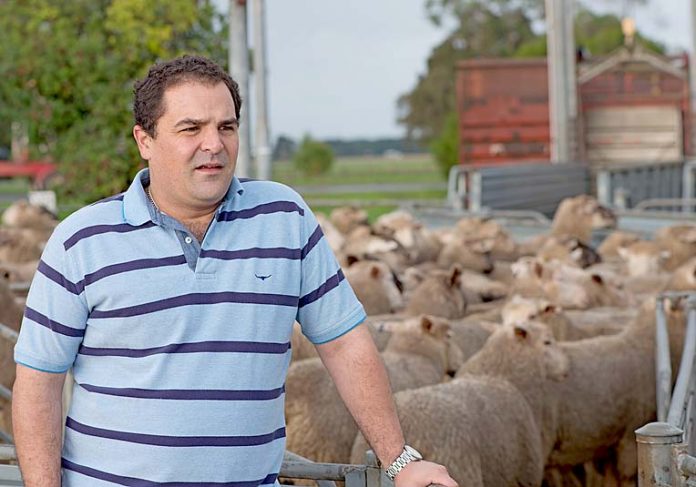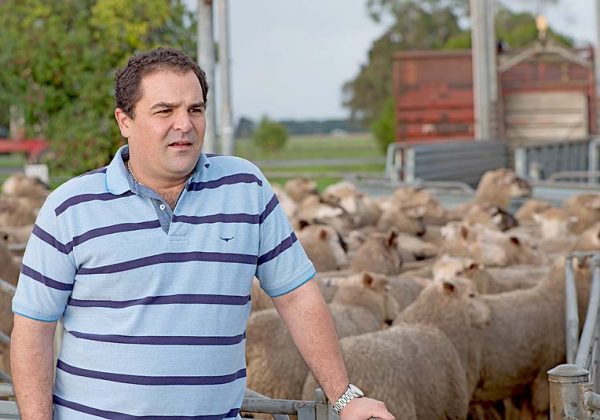

THE landmark trade agreement between Australia and Indonesia will deliver greater market opportunities for regional producers, according to Member for Barker Tony Pasin.
“This agreement will open up new pathways and make Australian businesses more competitive within the Indonesian market and with other trading partners in the region,” he said.
“It will allow producers to take advantage of Indonesia’s growing economy, particularly in our agricultural industries, which will not only help local businesses to grow into overseas markets, but with business growth also comes the creation of more local job opportunities.”
Mr Pasin said it was another major boost for the local economy and the deal would see benefits for many of Barker’s agricultural sectors.
Key elements of the new agreement include:
•Tariff cut to 2.5pc immediately and to 0pc in five years for frozen beef and sheep meet.
•Immediate or progressive elimination of remaining tariffs on dairy, citrus and vegetables.
•Free access for 575,000 cattle in one year, growing 4pc per year to 700,000 in six years.
•Feed grains with duty free access for 500,000 tonnes in one year equaling to volume of 5pc annually.
The deal will also include guaranteed automatic issue of import permits for products such as live cattle, frozen beef, sheep meat, feed grains, mandarins, oranges, lemons, carrots and potatoes.
Sheep Producers Australia welcomed the Indonesia-Australian Comprehensive Economic Partnership Agreement, particularly elimination of tariffs for boxed sheep meat over the next five years and removal of import restrictions.
SPA economics, trade and industry affairs manager Stephen Crisp said Indonesia was a small market for Australia, but had potential for growth, given its proximity to Australia and increasing demand from consumers in south-east Asia for sources of animal protein.
“This agreement will create opportunities over time for producers, particularly in mutton supply,” Mr Crisp said.
“Any reduction in tariffs makes it easier to develop markets and Australian export production already has a track record in providing high quality product to Halal markets.”
Australia supplied 1099 tonnes of lamb and 1359 tonnes of mutton to Indonesia in 2017, which is expected to increase.







